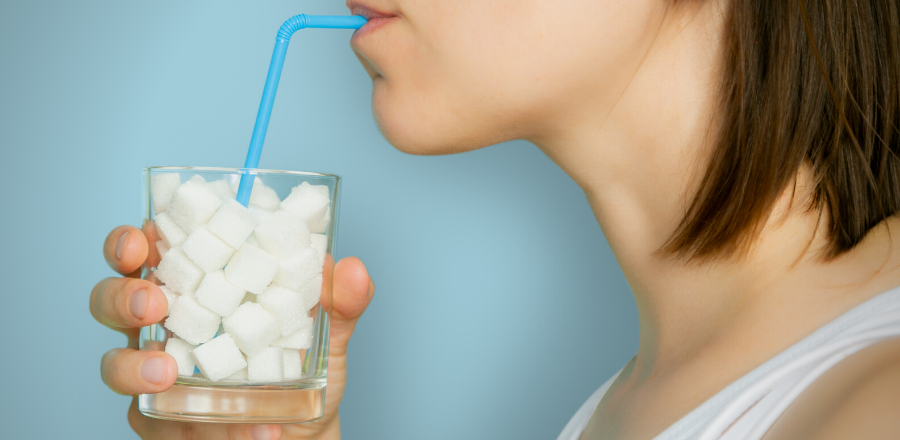Time for Australia to join 85 countries and jurisdictions taxing sugary drinks
As dozens more governments around the world adopt a sugar tax and new evidence shows this tax can improve dental health, the Australian Medical Association has renewed its call for Australia to implement a tax on sugar sweetened beverages (SSB).

The AMA’s latest report, Why tax sugary drinks?, part of its #Sickly-Sweet campaign, argues the tax is an effective preventative health measure and would reduce Australians’ consumption of sugary drinks, which are associated with obesity, type 2 diabetes and tooth decay.
The report shows an additional 40 countries and jurisdictions globally have adopted a sugar tax since the AMA’s first research report in June 2021 and includes a new focus on oral health. It details how sugary drinks decay and erode teeth and highlights shocking AIHW findings including a prevalence of dental caries in the baby teeth of 42 per cent (four in ten) of Australian children.
The AMA call for an SSB tax follows new evidence from the World Health Organization on the effectiveness of sugar taxes around the world in an implementation guide, which also debunks tactics used by drinks industries seeking to dissuade implementation.
While the WHO report explains a predictable time lag in SSB implementation and impacts on population health outcomes, it found one exception where a ‘significant reduction in the incidence of dental caries among a population in Mexico’ coincided with the introduction of a SSB tax.
AMA Vice President, Dr Danielle McMullen said Australia was becoming the odd one out in the world by not adopting a tax on SSBs.
“Australians drinks enough sugary drinks to fill 960 Olympic swimming pools each year. We need something to help people choose water instead.
“We’re recommending the federal government tax 40 cents on every 100g of sugar manufacturers add to drinks ─ that will mean just a 16-cent increase to the price of a regular can of fizzy drink, but for that you’ll get a great health outcome.
“Over a 25-year period, we estimate this would result in 16,000 fewer cases of type 2 diabetes, 4,400 fewer cases of heart disease and 1,100 fewer cases of stroke. It would also generate revenue of up to $814 million annually which we say should be spent on preventative health measures.
“It’s no wonder 85 governments across the globe are choosing to tax sugary drinks and other products this way, because the evidence is showing it’s effective at reducing consumption of these products and raising revenue, so why not in Australia?”
“Magda Szubanski got no joy when she recently asked the same question to Health Minister, Mark Butler, on her Big National Health Check.
“It’s just baffling why Australia is unwilling to take advantage of this win-win-situation, especially at a time when healthcare costs are under the spotlight, you’d think the government would take every opportunity to reduce the chronic disease burden on the health system and improve its bottom line at the same time,” Dr McMullen said.
“The AMA will continue pushing for a sugary drinks tax because it’s the right thing to do for the health of Australians, it will save lives and millions of dollars in healthcare costs.”
The AMA’s call for a tax on sugary drinks is a key plank of AMA's Vision for Australia’s Health ─ a blueprint for a robust, sustainable health system.


